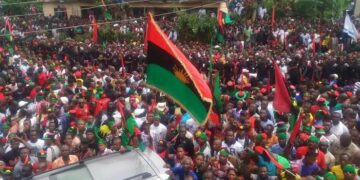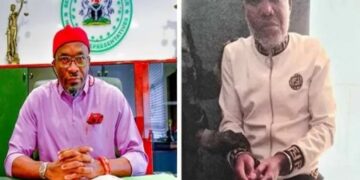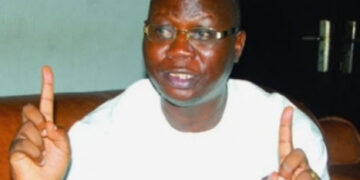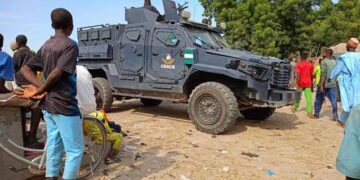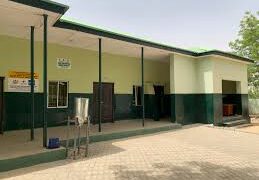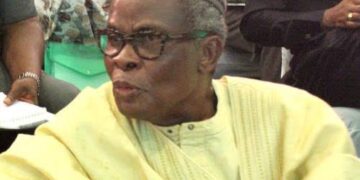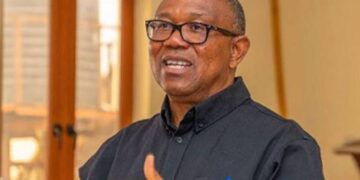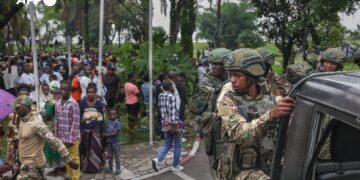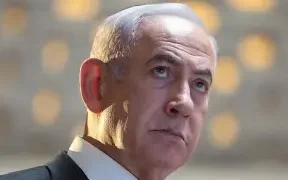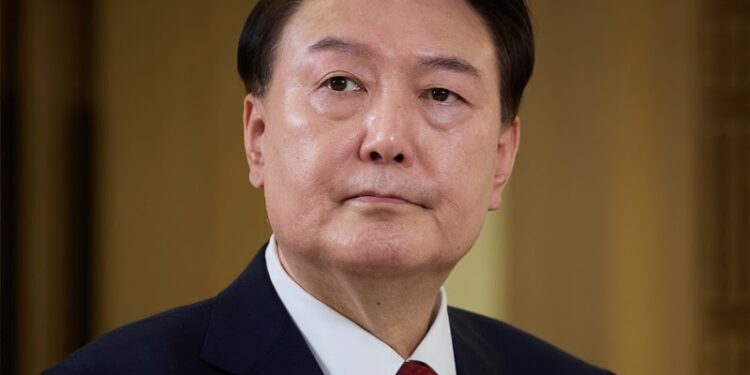South Korean authorities were unable to arrest impeached President Yoon Suk Yeol on Friday after a tense standoff at his presidential compound.
Yoon was impeached following a controversial martial law declaration on December 3, which attracted widespread scrutiny and protests.
His arrest was aborted after hundreds of supporters gathered outside the presidential residence in the early hours of Friday, creating a formidable barrier for officials from the Corruption Investigation Office for High-ranking Officials CIO.
However, when the CIO officials, accompanied by police eventually entered the compound, they were met by cordons of the Presidential Security Service and military troops seconded to the presidential security detail.
After hours of negotiations, the CIO called off the arrest attempt, citing safety concerns for its personnel amid the obstruction.
“It was judged that it was virtually impossible to execute the arrest warrant due to the ongoing standoff,” the CIO stated, adding that it “deeply regretted” Yoon’s refusal to cooperate.
The arrest warrant for Yoon, approved by a court on Tuesday after he ignored multiple summons for questioning, remains valid until January 6.
It permits investigators to detain him for up to 48 hours, during which they must decide whether to seek a detention warrant or release him.
Yoon’s lawyer criticised the arrest attempt, calling the warrant invalid and threatening legal action without further explanation.
The CIO has announced it will review the situation to determine possible next actions. With time running out and tensions escalating, the political and legal ramifications of the failed arrest could further polarise South Korea.
The martial law declaration, brief as it was, has cast a long shadow over Yoon’s presidency, stirring controversy and deepening divisions in the country. The outcome of the investigation and any future attempts to arrest Yoon could significantly influence South Korea’s political landscape.

